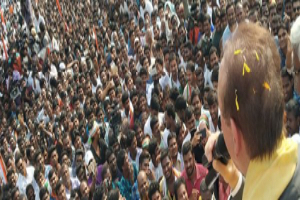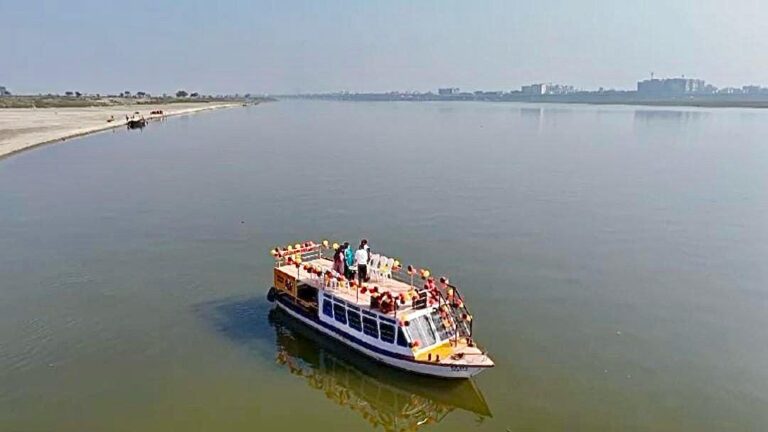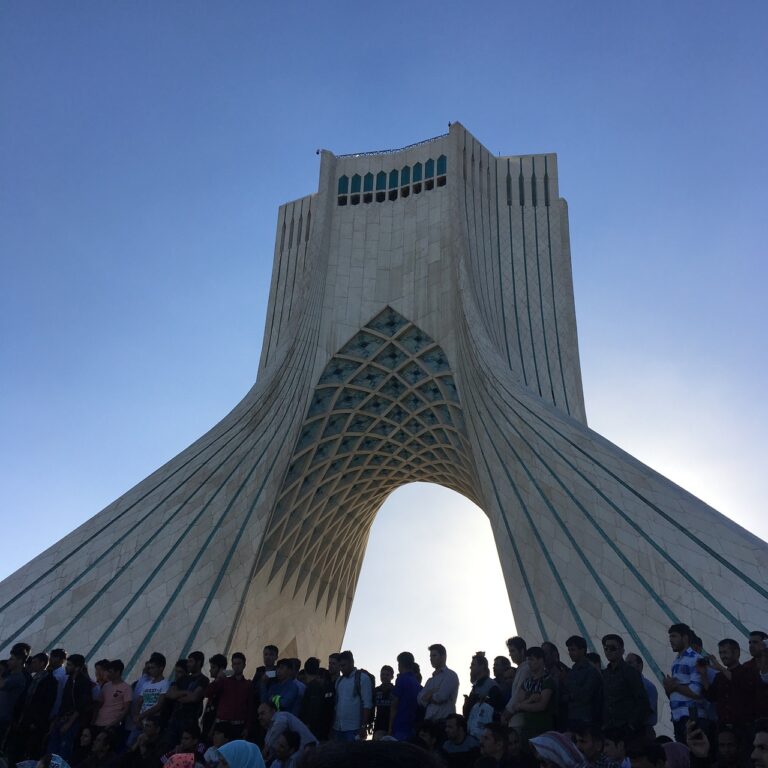
 By Rameez Makhdoomi*
By Rameez Makhdoomi*
Srinagar: The face of the Congress Party in Jammu and Kashmir politics for six decades, Ghulam Nabi Azad, who resigned today from the basic membership of the party, had joined the Congress in those times when under the influence of the towering leader of the National Conference Sheikh Abdullah, the Congressmen used to face social boycotts.

The impact of his quitting the Congress Party could be felt on the fortunes of the Congress Party in the first-ever elections of Jammu and Kashmir post abrogation slated any time after November. His stature of being the tallest leader in the Chenab region comprising important areas like Doda, Ramban, Kishtwar, Bhaderwah, and Banihal remains unchallenged. In the entire Chenab belt of Jammu and Kashmir, he is a very popular figure.
Through his larger-than-life image, he also garnered good support in many pockets of Kashmir Valley and the Jammu region.
Ajaz War, a Srinagar-based political analyst who is well acquainted with the Chenab region, told Global Bihari today that Azad’s resignation could decimate the electoral fortunes of the Congress party and more than that its support base in Jammu and Kashmir.
There were immediate repercussions as within no time of his resignation, scores of senior party leaders left the Congress in solidarity with Azad. It appears that Rahul Gandhi’s move to make Vikar Rasool President of Congress in Jammu and Kashmir proved to be the last nail in the coffin as Azad considered him much junior.
If Azad forms any new party, the chances of which are high he would have a resounding impact on the Chenab region and in pockets of Jammu and Kashmir. Ajaz War said Azad has an image of a Chief Minister who worked double shifts. “He has a progressive image in the minds of the people,” he added.
“It is for sure that his resignation ruins prospects of Congress party in the political landscape of Jammu and Kashmir,” Ajaj War said.
On the other hand, many political watchers believe that since Azad enjoys good chemistry with Prime Minister Narendra Modi, his new political party could mean good news for the Bharatiya Janata Party which may now look forward to a post-poll arrangement once the elections take place in J&K.
Azad’s scathing resignation letter also proves that he was never comfortable with Rahul Gandhi. In his hard-hitting five-page resignation letter to Sonia Gandhi, he blamed her son Rahul for the Congress’s defeat in the 2014 national election – a turning point for the party that has been struggling to win elections since.
The Congress is “comprehensively destroyed” and has reached a point of no return, he declared, and slammed a “remote control model” in which Sonia Gandhi is “just a nominal figurehead” while important decisions are taken by “Rahul Gandhi or rather worse his security guards and PAs (personal assistants)”.
The regional political parties like the National Conference and People’s Democratic Party whose politics is centred now mostly on opposition to the abrogation of Article 370 will be also feeling the pain of this decision as Azad getting footholds in Muslim belts of especially the Jammu region would mean that friendly looking prospective alliance partner Congress is out of the scene.
Azad started his career soon after working as the secretary for the Block Congress Committee in Bhalessa, Doda in the Chenab region in 1973. Two years later, he was nominated as the President of the Jammu and Kashmir Pradesh Youth Congress. In 1980, he was appointed as the President of the All-India Youth Congress. Through his untiring efforts, he became the Chief Minister of the erstwhile State of Jammu and Kashmir. Besides, in his long political career, he got on several times key portfolios at the Central level.





